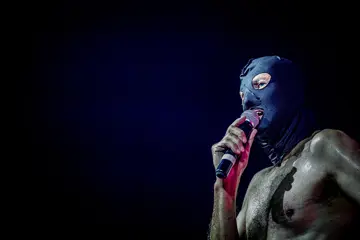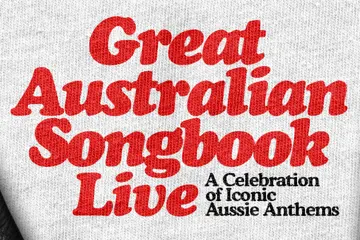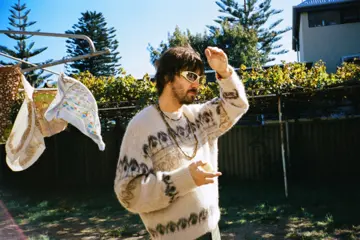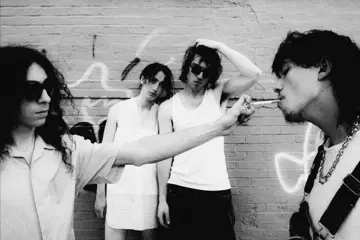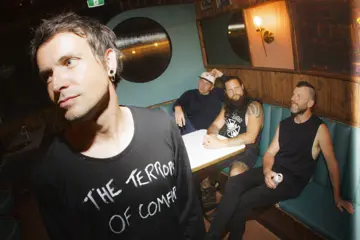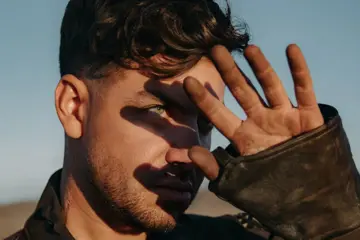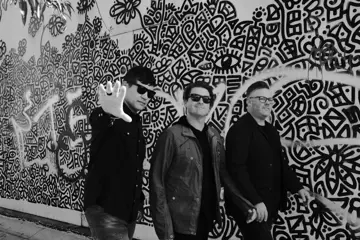"When it comes to the horror that James [Wan] and I love, we don't really love gore or zombie films. We do like them but watching someone get their head ripped off or then watching someone get mutilated with a chainsaw is not really our bag. We have always loved really scary ghost stories like The Shining, The Orphanage or some obscure made-for-TV film from the '80s.”
It's hard to believe Leigh Whannell, the guy who penned Saw, isn't necessarily a fan of the genre his name now runs alongside. For those who aren't aware of the duo's new franchise, Insidious and Insidious: Chapter 2 are classic ghost stories. Insidious: Chapter 2 takes off where the first film finished, and opens up their horror lore to explain their creepy purgatory world for horrifically murdered souls, known as 'The Further'. “We always knew that if we made an all-out horror film it would be a haunted house film. We always thought of the first Saw film as a thriller with horror elements. I wouldn't call Saw a definitive horror film. It wasn't so much reaction to the gore stuff in Saw, it was more a reaction to people telling us that Saw was our definitive horror movie.”
The horror genre's popularity in Australia is not at a high point, with the latest Aussie horror film, Patrick released to only six cinemas. “It would make me happier if more or better horror movies were coming out of Australia but if I ever felt a burning desire to see a good horror movie come out of Australia I'd probably go make it. I might not succeed, it might be terrible but I'd take the problem on myself. I don't really feel stressed out. I feel that there are more and more filmmakers who are influenced by genre.”
Recently, Whannell was back in Australia to work on a film with Angus Sampson called The Mule. “It's a crime, thriller, drama, black comedy, kind of all over the map. It's really interesting to see Australian filmmaking from the inside.” The experience has changed his perception of the industry here. While many are negative about the industry, Whannell reckons there's a lot to look forward to. “A year ago I would have said that Australian funding bodies need to be more open-minded. But now that I have worked behind the iron curtain, I really feel good about it, not just because they made a film I'm involved in; it's because it made me realise there is no difference between the creatives in Australia and the creatives here in Hollywood. It's the same level of talent so I feel really optimistic and good.”
Don't miss a beat with our FREE daily newsletter
Having had that experience in Hollywood, it's good to see that there isn't an aversion from filmmakers and writers to working in this country. There is such a strong anti culture towards Australian films, and in a global market it's hard sometimes to compete. “It's ever-changing, it's always evolving.” Whannell admits. “We don't make that many films in Australia; many are primarily funded by the government. One year you might get two or three great films and the next year not so much. There is not as much room to move. In the States they pop out so many films, there might be a tonne of terrible films but just on sheer force of numbers it's impossible that there weren't any good films in any given year. And that's just maths. Because Australia is putting out fewer movies the chances of many great ones is lower. I think people get hyper-critical of that.”
In saying that though, Whannell doesn't think it's all peachy here, and that there is more we can do to push that film culture out further. “I do wish that the funding bodies would diversify a little bit. New Zealand is a really good case study of that, or it has been in the past. New Zealand used to have such a diverse amount of films each year. In any given year you could see films like Braindead or Once Were Warriors. Sometimes I think we fall short in that area.” Whannell's answer is simple, “The level of Australian film is really up to the filmmakers.” It's up to Michod, the Edgerton brothers and guys like Wan and Whannell. With David Michod's film, The Rover, and Whannell, Tony Mahony and Sampson's film, The Mule, coming up, it's looking like another year that Australia could get some major success internationally, and at home.





